Secret trial blocked by Court of Appeal
'Core' of terror trial will be secret, but media and public will have access to most proceedings
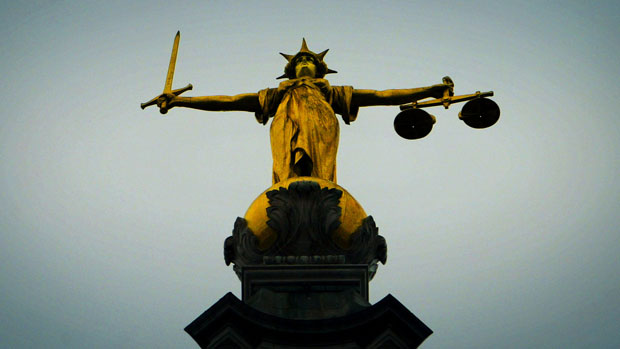
A free daily email with the biggest news stories of the day – and the best features from TheWeek.com
You are now subscribed
Your newsletter sign-up was successful
The Court of Appeal has overturned plans to hold a terrorist trial entirely in secret, ruling that parts of the trial must be open to the public and media.
Judges described the case as "exceptional" and ruled that parts of the "core" of the trial may be held in secret for reasons of national security, but they rejected the prosecution's request that the press and public should be excluded from the entire trial.
A small number of journalists will be present during the secret parts of the trial, but they will not be allowed to report proceedings and their notes will be stored securely until the end of the trial.
The Week
Escape your echo chamber. Get the facts behind the news, plus analysis from multiple perspectives.

Sign up for The Week's Free Newsletters
From our morning news briefing to a weekly Good News Newsletter, get the best of The Week delivered directly to your inbox.
From our morning news briefing to a weekly Good News Newsletter, get the best of The Week delivered directly to your inbox.
The court also ruled that the defendants could be named for the first time as Erol Incedal and Mounir Rarmoul-Bouhadjar, the BBC reports.
What do we know about the trial?The two defendants are accused of possessing terrorist documents, including a file named "bomb making" held on a memory card. Incedal is accused of "engaging in conduct in preparation for terrorist acts", while Rarmoul-Bouhadjar also faces a charge of improperly obtaining a British passport. Both men were arrested in "high-profile circumstances" last year, reports The Times.
Why had prosecutors wanted the trial held in secret?Prosecutors had argued that evidence could not be made public for "reasons of national security" but did not disclose any more details. Richard Whittam, who will prosecute the two men, said the Crown Prosecution Service supported open justice, but that "exceptional circumstances" had led to the request for secrecy. Senior prosecutors had said the trial may have had to be abandoned if it had to be held in public. Initially the media was banned from even reporting that the trial was due to take place, meaning the very existence of the trial would have been secret if media groups had not fought to have the reporting restrictions lifted.
Why was the request so controversial?A trial held entirely in secret threatened to undermine the centuries-old British principle of open justice, critics said. Criminal cases are usually heard in open courts, which the media and members of the public can attend. Speaking before today's ruling, Shami Chakrabarti, director of civil rights group Liberty, described the case as "a worrying high water mark for secrecy in our courts" and said that transparency was not "an optional luxury in the justice system".
A free daily email with the biggest news stories of the day – and the best features from TheWeek.com
What else has been heard in secret?Reporting restrictions can be placed on specific parts of a case, but no trial has ever been held entirely in secret, says the Daily Mail. The 2008 murder trial of Wang Yam, who battered a man to death, was heard partly in secret on grounds of national security, but the defendant was named and most of the case was heard in public. Another trial in the 1960s, in which double agent George Blake was sentenced to 42 years for passing secrets to the Soviets, was held partly in secret. The Mail says there has been much controversy around closed family courts, super injunctions and civil cases involving national security.
-
 How the FCC’s ‘equal time’ rule works
How the FCC’s ‘equal time’ rule worksIn the Spotlight The law is at the heart of the Colbert-CBS conflict
-
 What is the endgame in the DHS shutdown?
What is the endgame in the DHS shutdown?Today’s Big Question Democrats want to rein in ICE’s immigration crackdown
-
 ‘Poor time management isn’t just an inconvenience’
‘Poor time management isn’t just an inconvenience’Instant Opinion Opinion, comment and editorials of the day
-
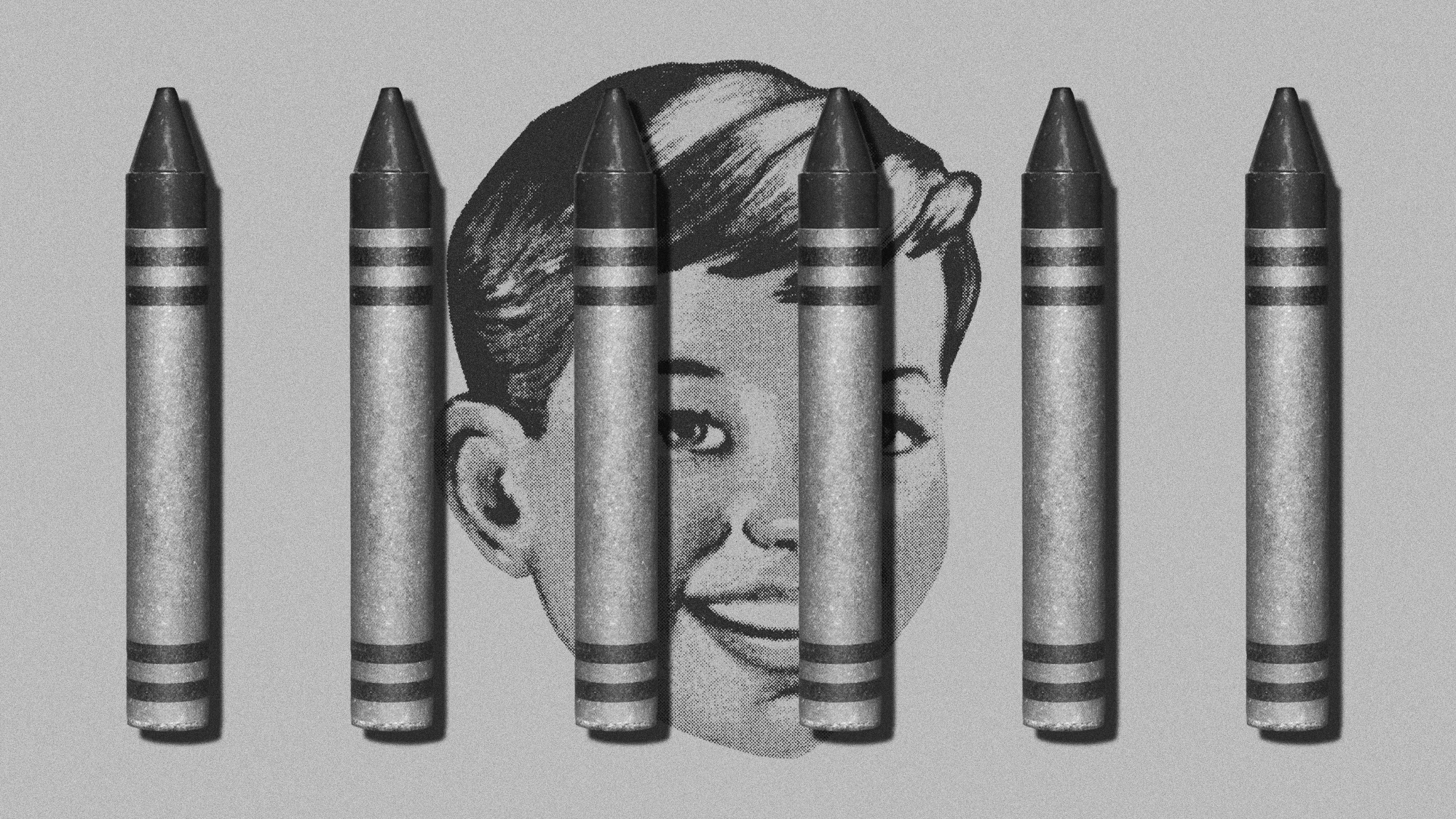 The age of criminal responsibility
The age of criminal responsibilityThe Explainer England and Wales ‘substantially out of kilter with the rest of the world’, says filmmaker whose drama tops Netflix charts
-
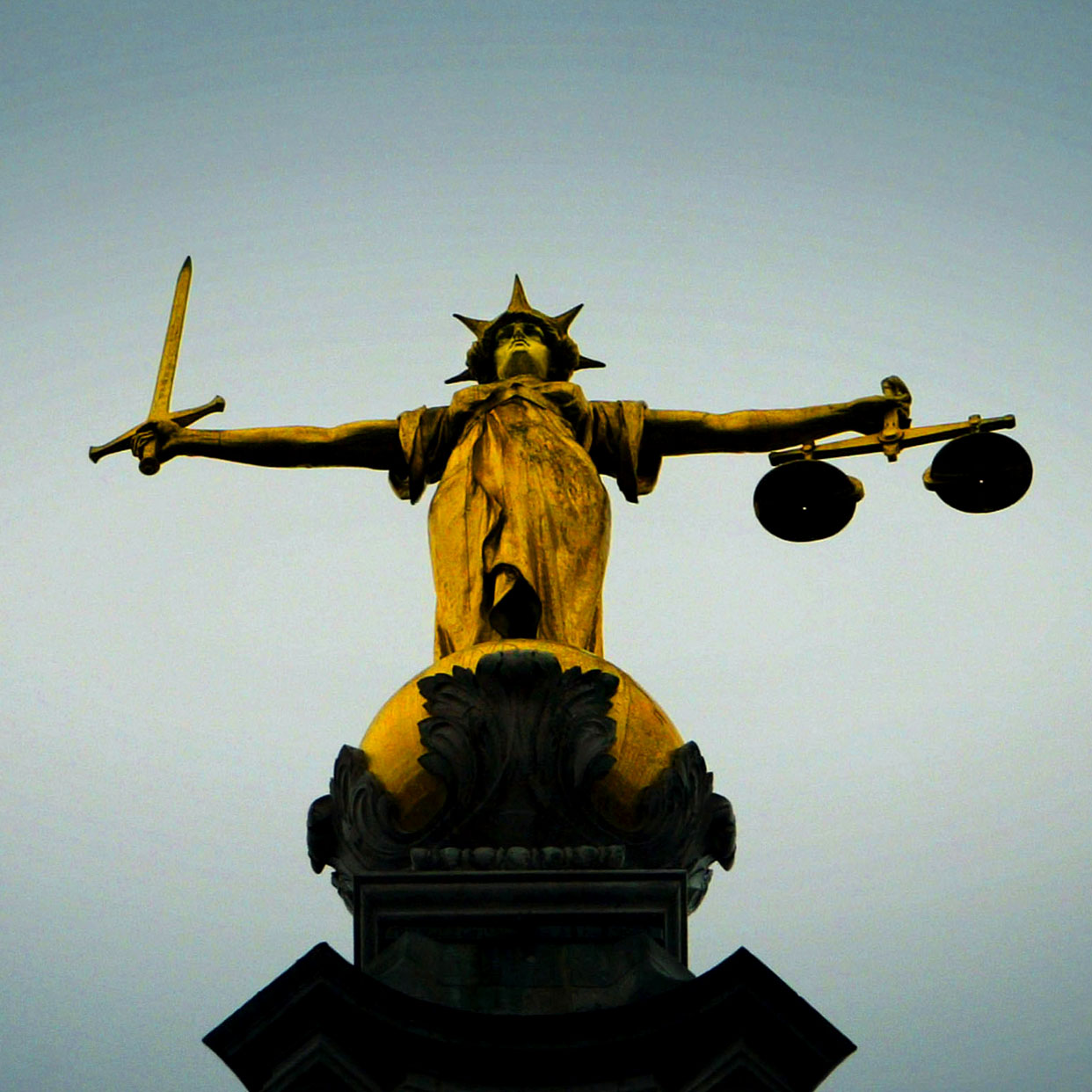 Why the CPS is accused of quietly dropping rape cases
Why the CPS is accused of quietly dropping rape casesIn Depth Prosecutors to face judicial review challenge over alleged covert policy changes
-
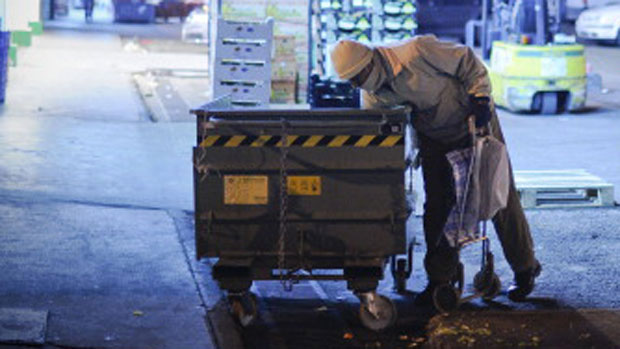 Skip raider says he will 'do it again' after CPS drops charges
Skip raider says he will 'do it again' after CPS drops chargesSpeed Read 'This is how we live' - William James says 'hundreds' of people in London are eating food from bins
-
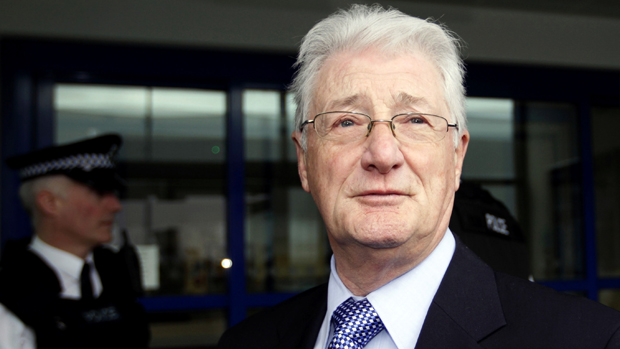 Extradited businessman Tappin to appear in US court today
Extradited businessman Tappin to appear in US court todayIn Depth Chris Tappin's case is piling pressure on the government to revise UK extradition treaties